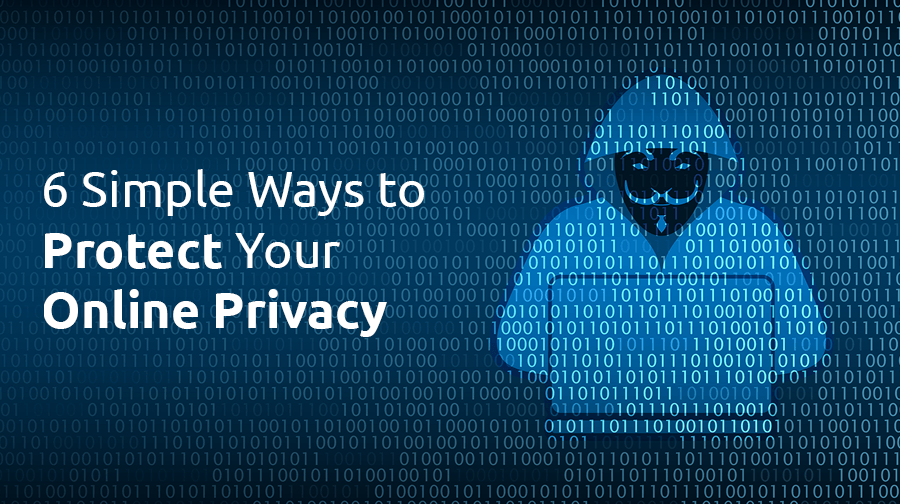It’s hard to remember a time when only we had access to our own personal information. Technology is a big piece of the problem.
As technology advances, privacy becomes more and more difficult to maintain. We have the internet, social media, search engines – all trying to obtain our personal information and utilize it to make a profit.
So how do you go about protecting your online privacy in this day in age? Well, you could stay offline for the rest of your life but that doesn’t sound like a very reasonable solution.
You could also try implementing these 6 simple things to protect your personal information online:
1. Use DuckDuckGo as your search engine
Most search engines collect a lot of private information from you to serve ads you might actually click on. Unlike these search engines, DuckDuckGo is a search engine that has a simple privacy policy: they don’t collect or share any of your personal information. Instead, the developers want to help its users regain control of their own information.
Use DuckDuckGo if you want a private way to search the web.
2. Use an ad blocker
If you’re like most people, you probably find ads to be very annoying when you’re surfing the web. That’s where ad blockers can come into play.
Ad blocking can protect your online privacy by preventing your browser from downloading ads and trackers – which are used by third parties to track your online activities.
AdBlock is an effective ad blocker that can be integrated into popular web browsers like Chrome, Opera, Firefox, Safari, and Edge.
3. Get rid of adware
Adware is any piece of software that serves advertisements in its interface. It’s usually secretly bundled with another piece of software or disguised as another program to trick you into installing it.
Once installed, it will most likely collect information from you so it can throw more targeted ads.
A great program to counter adware is AdwCleaner by Malwarebytes. It scans your computer for adware and other potentially unwanted programs (PUPs) and gets rid of them for you.
4. Use a VPN
When you’re browsing the web, it’s possible for hackers to access your network and intercept data that’s being transferred from your computer to the network’s server. In this case, your privacy isn’t very secure.
By installing a VPN, you can encrypt your connection and prevent unauthorized access, even from your internet service providers.
Betternet VPN is a free VPN for Mac and Windows. You can download it here.
5. Don’t fill out forms from sites you don’t trust
If you want to protect your personal information, you need to be cautious of who you give it to.
A good rule of thumb is if you don’t know what a site’s going to do with your information, don’t give it to them. Websites might sell your information to third parties without your authorization or misuse the information themselves which is counter-intuitive to your desire for online privacy.
6. Delete old accounts
When you stop using a service (ex. an old social media platform), your information will remain on the web unless you deactivate or delete your accounts. It’s good practice to get rid of any old accounts if you don’t want others to access information from.
Found this article useful? Don’t forget to share it below!
